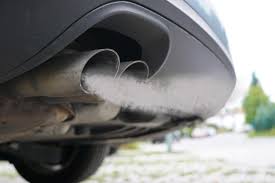What is an Emissions Test?
Emissions tests, also known as smog checks, measure the amount of pollutants released by a vehicle’s engine while it is running. These tests are performed using sensors that are connected to the car’s exhaust system to detect harmful gases such as carbon monoxide, hydrocarbons, and nitrogen oxides. The purpose is to determine whether a vehicle meets local or state environmental standards designed to protect air quality. If the levels are too high, the vehicle fails the test and must be repaired.
Why Are Emissions Tests Important?
How Do Emissions Tests Affect Car Owners?
When a vehicle fails an emissions test, the owner is usually required to repair it and return for a retest before the car can be legally registered or renewed. This process encourages regular maintenance and ensures pollution control components, like catalytic converters and oxygen sensors, are functioning properly. Keeping up with these systems can also improve fuel efficiency and extend the life of the engine.
Emissions Testing and Modified Cars & Final Thoughts
Do All Vehicles Need Emissions Testing?
Not every vehicle is required to undergo emissions testing. Requirements vary depending on the vehicle’s age, fuel type, and location. For instance, some newer models or electric vehicles may be exempt. It’s important for owners to check with their local county or state authorities to understand if and when their vehicle needs to be tested.
In short, emissions tests are a vital part of responsible vehicle ownership. They help keep the air clean, ensure compliance with local laws, and promote proper vehicle maintenance. Whether you drive a sedan, SUV, truck, or minivan, understanding your area’s testing requirements is key, especially if you plan to modify your car or perform an engine swap. Always check with local authorities to stay compliant and environmentally responsible.
Will engine swaps affect emissions tests?
Yes. Engine swaps can affect emissions compliance depending on engine year, ECU, catalytic converters, and local laws. Most states require the engine to be the same year or newer than the chassis and to retain all factory emissions equipment.





No comments:
Post a Comment